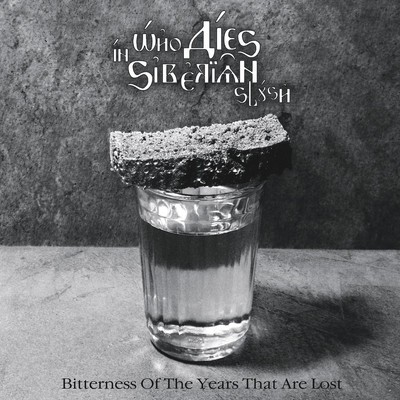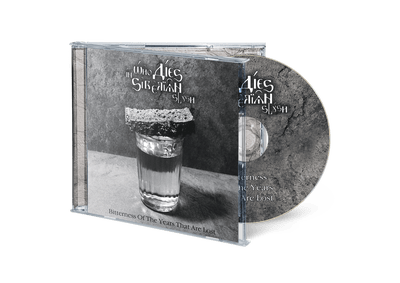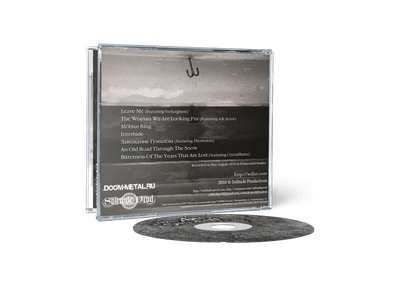- Customers also bought...
- Просмотреть список опций
| CODE | Album variations | Availability | Price | ||
|---|---|---|---|---|---|
|
|
SP. 003LP VinylX
|
In stock
|
3 000.00 Р | ||
|
|
SP. 041-10 x
|
In stock
|
600.00 Р |
The first full line-up album of the project recently appeared as one-man-band. This is the first officially issued work of the band: some tracks were featured at early demo recordings, but now they are reviewed and performed with supreme power and quality. Recording and mastering were performed at Primordial Studio (Abstract Spirit, Revelations of Rain, Comatose Vigil). "Bitterness Of The Years That Are Lost" presents uncompromising music combining Doom Death and Funeral Doom in the vein of My Shameful. The album features guest appearance of vocalists of Comatose Vigil, Amber Tears, Elnordia, Abstract Spirit.
Tracklist:
1. Leave Me 6:35
2. The Woman We Are Looking For 6:53
3. Möbius Ring 7:20
4. Interlude 4:26
5. Завещание Гумилёва 8:46
6. An Old Road Through The Snow 2:31
7. Вitterness Of The Years That Are Lost 9:10
Artist:
Who Dies In Siberian Slush
Artist Country:
Russia
Album Year:
2010
Title:
Вitterness Of The Years That Are Lost
Genre:
funeral death doom
Format:
CD
Type:
CD Album
Package:
Jewel Case
Label:
Solitude Productions
Cat Num:
SP. 041-10
Release Year:
2010
Country Of Manufacture:
Russia























































